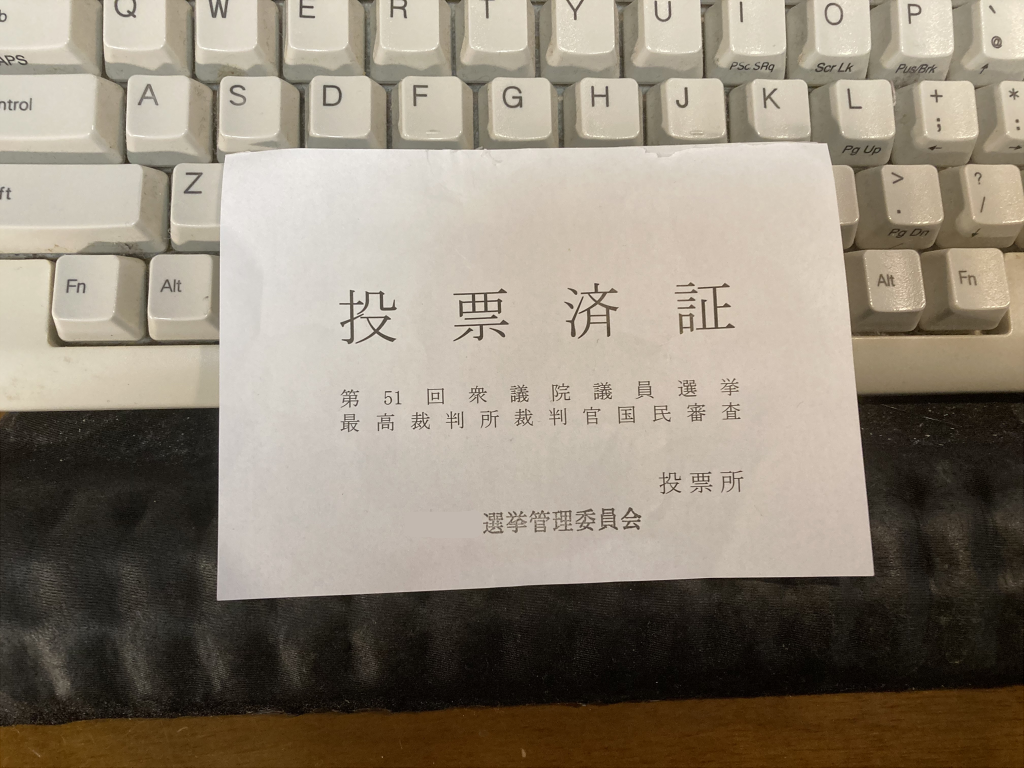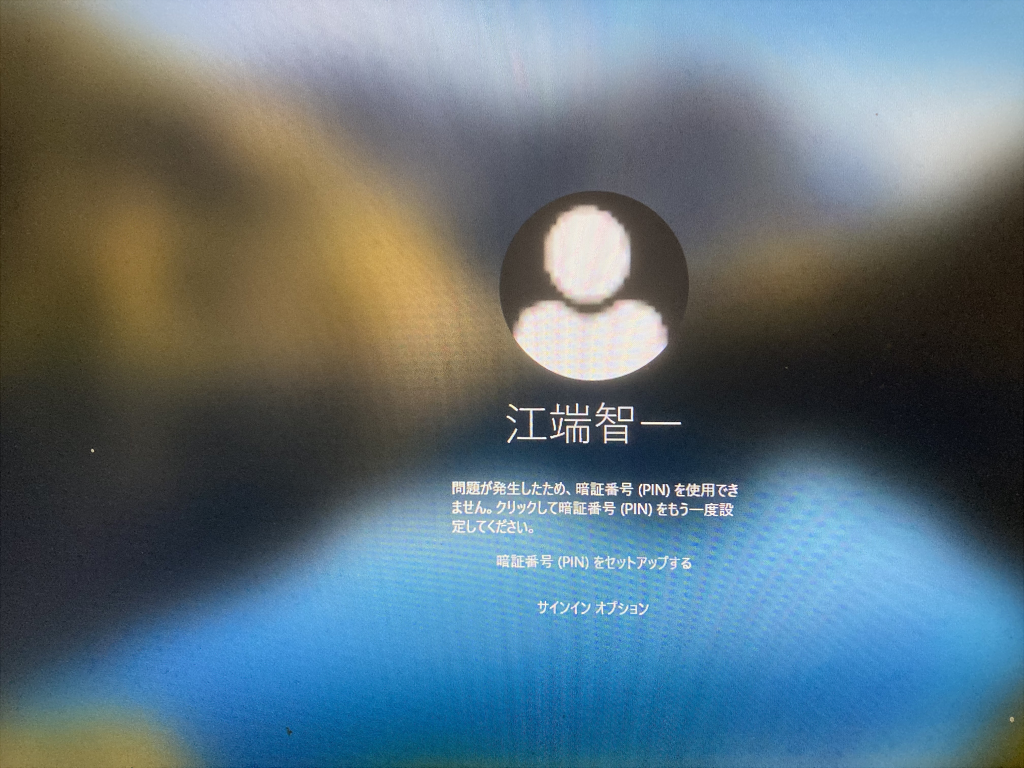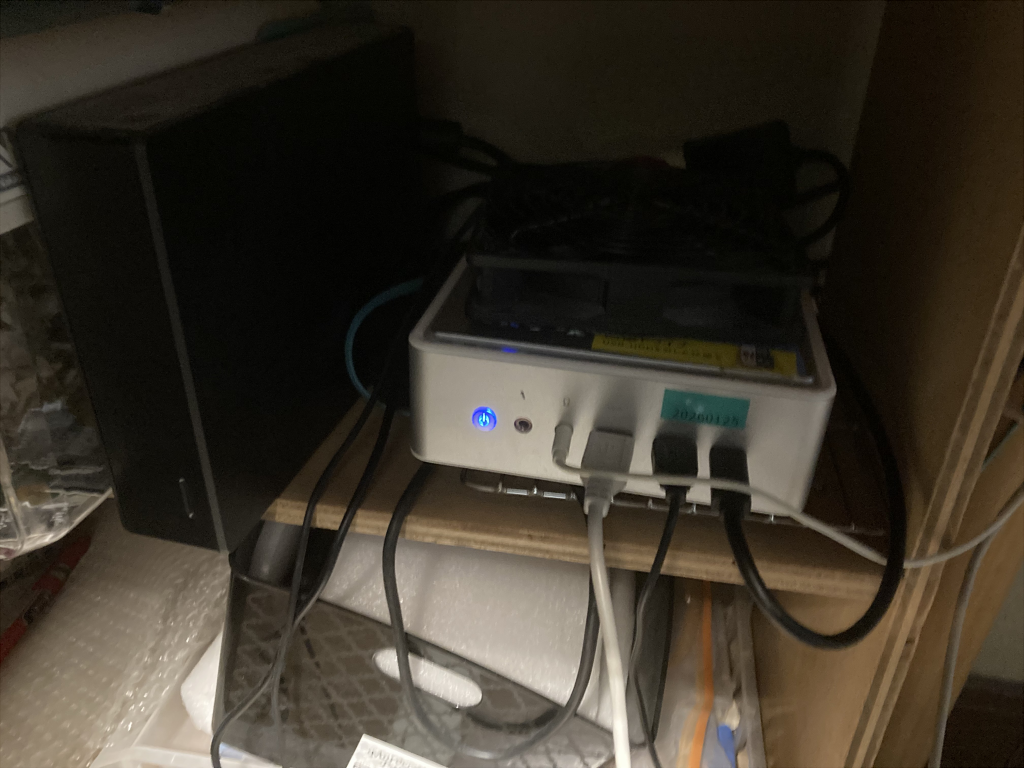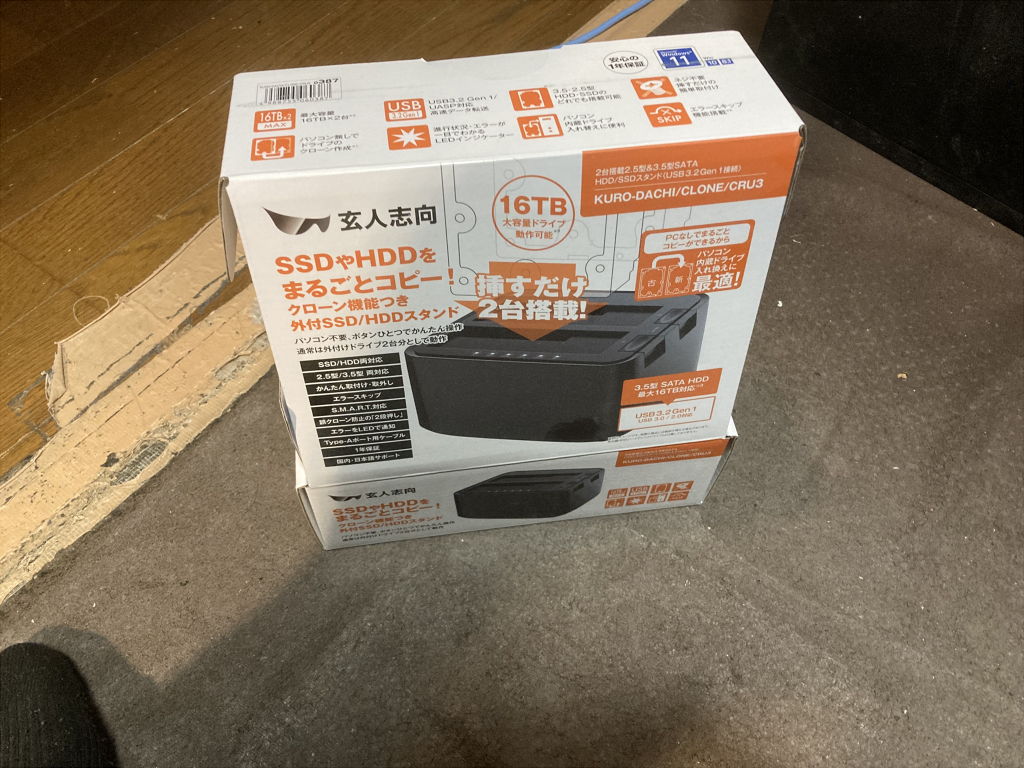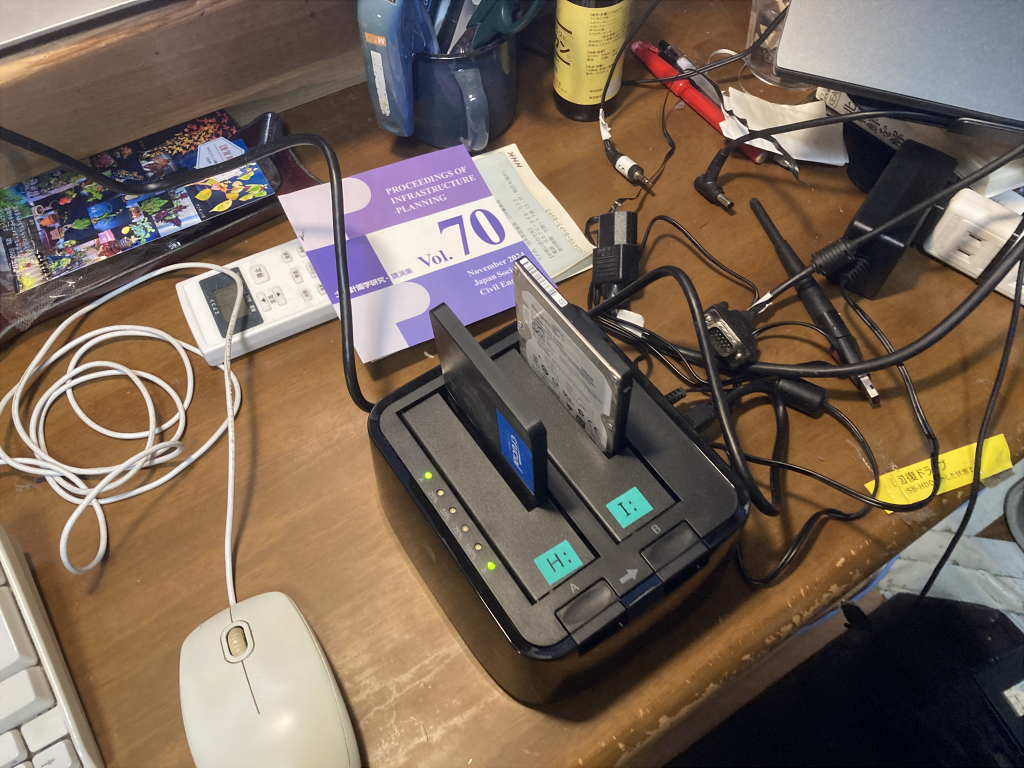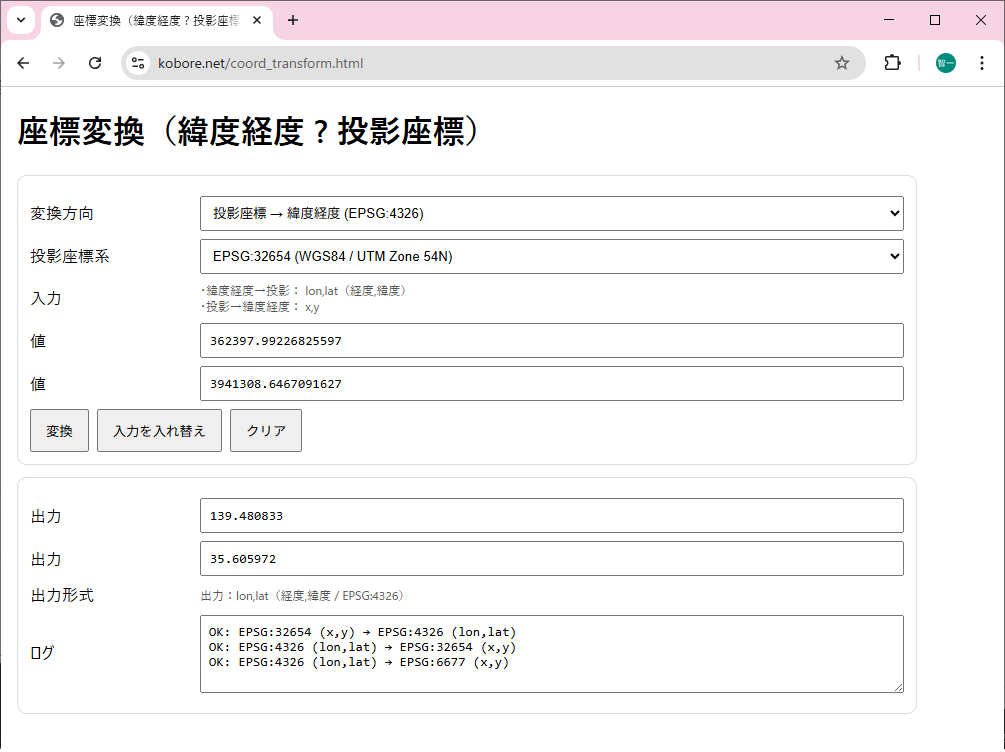最近、骨は折るは、CEA(腫瘍マーカー)は跳ね上がるは、どうも調子が良くない江端です。
まあ、私もいつかは死ぬ運命にあるのですが、死亡しない人間は、古今東西、一件の例外も確認されていません。
ちょっと調べてみたら、「『生きているけど、人前には登場しない』ということになっている人」はそこそこいるようです。
イエス・キリスト、日蓮 ーー は有名どころとして、中山みき、出口なお、岡田茂吉 ーー という方の名前は今回調べて初めて知りましたが ーー まあ、いずれにしても、社会的通念としての『生きている』とは違うようです。
という訳で、「死」というのは、(一人も例外がない、ということからも)私にとって普通に受け入れ可能なのですが、「苦痛を伴う死」というのは、それが一般的であったとしても、個人的には絶対に忌避したい死に方です。
上記のChatGPTに対して、「私も、激痛の伴う回復不能は末期の病気(末期ガン等)について、それを緩和してくれるのであれば、アヘンやその他の薬物の使用を強く希望します」ということを記載したところ、ChatGPTから、現状の現場の緩和ケアについての現状を教えて貰いました。
さらに、読者の方から、以下のメールも頂きました。
これを読んで、現状の日本における緩和ケアの実態が分かり、さらに安心しました。
みなさん。安心して下さい ーー 我が国にでの安楽死や尊厳死の法制化は、まだまだ遠いかもしれませんが、現場と患者が手を取りあって、「運用」で対応しているようです。
ものごとを白黒はっきりさせない我が国なりのやり方と言えるかもしれませんし、それは批判されることかもしれませんがーー私個人としては、「苦痛回避の死」が実現されるのであれば、法律であろうが運用であろうが、なんだって構いません。
で、頂いたこのメールを公開させて頂きたいと、その方の方にお願いしたところ、「お知り合いのお医者様などに、内容の査読(校閲)をご相談いただくことは可能でしょうか」とご相談頂きました ーー なるほど、誤った情報が拡散されるかもしれない、というご心配はもっともと思いました。
私の『お知り合いのお医者様』といったらーー『轢断のシバタ先生(*)』しかいません。
(*)https://eetimes.itmedia.co.jp/ee/articles/1702/10/news025.html
(*)https://eetimes.itmedia.co.jp/ee/articles/2003/25/news053.html
という訳で、本件、シバタ先生にお問い合わせしたところ、心よく査読に応じて頂きました。
シバタ先生、今回も、誠にありがとうございます。
では、以下に、シバタ先生から頂いたメールを展開させて頂きます。
寄稿者様より掲載に際して「プロの方にチェックをしてもらいたい」とご希望があった旨、江端さんよりご連絡があり、蛇足かもしれないと思いながら医療監修をお引き受けさせていただきました。
原文の保存を優先し、校閲の形を取らず文末にコメントを付記することと致しました。現在、日本では医療用麻薬(=医療用オピオイド)として、モルヒネ、ヒドロモルフォン、オキシコドン、フェンタニルなどが使用可能です。
しかしながら、日本ではモルヒネ含有の貼付薬は現在まで保険収載されたことがないため、文章中の「モルヒネパッチ」は「フェンタニルパッチ」を指すものと推察します。世界からやや遅れつつも、20年ほど前から日本でも効果的な鎮痛のために複数の医療用麻薬を状況に合わせて使い分ける方法論が浸透してきました。
社会的には医療用麻薬≒モルヒネとして浸透しておりますが、混乱を避けるため文章中の「モルヒネ」「医療用モルヒネ」は「医療用麻薬」を指すものであろう、とご指摘させていただきます。御尊父様がお感じになられた「中毒性は無い」との印象は正しいと言って差し支えありません。
ガイドライン1)からの引用になりますが、コホート研究において「550症例中、精神依存の基準を満たしたのは1例であった」という報告があるそうです。
また、医療用麻薬の使用が死期を早めるという根拠は無いというのが現在のガイドライン上の認識です。監修の範疇からは逸脱しますが、「鎮痛」についてだけでなく「鎮静」つまり「意識のレベルを下げる」ことについて言及いただいたことに、感謝申し上げます。
医療用麻薬が普及しても、しばらくの間は「鎮静」のコンセンサスはグレーゾーンに置かれました。2010年に「苦痛緩和のための鎮静に関するガイドライン」2)がまとめられ、2018年に「がん患者の治療抵抗性の苦痛と鎮静に関する基本的な考え方の手引き」が出版(現在2023年版3)が参照可能)など、医療用麻薬のガイドラインから一段遅れています。
御尊父様は、おそらく緩和医療の専門医がいる、ホスピスに相当する病棟に移られたのだろうと推察しますが、当時としてはまだなじみの無い提案であっただろう「鎮静」という概念にしっかりとご自身の意見を反映されことに畏敬の念を憶えます。また、個人的に『緩和ケアは家族にとっては決して楽な環境ではない』という告白について、医療者が解決可能であると考えるのは烏滸がましい類の課題であるとは思いますが、向き合うべき課題として心に刻ませていただきます。
最後に、寄稿者様の御尊父様のご冥福をお祈り申し上げ、付記の終わりとさせていただきます。
1) がん疼痛の薬物療法に関するガイドライン 2020 年版https://www.jspm.ne.jp/files/guideline/pain2020.pdf
2) 苦痛緩和のための鎮静に関するガイドライン(2010年版)
https://www.jspm.ne.jp/files/guideline/sedation_2010/sedation2010.pdf3) がん患者の治療抵抗性の苦痛と鎮静に関する基本的な考え方の手引き(2023年版)
https://www.jspm.ne.jp/files/guideline/sedation_2023/sedation2023.pdf?utm_source=chatgpt.com
私は、友人もおらず、ChatGPTしか議論相手のいない寂しい奴ですが ーー 問題は、その自覚が本人(江端)に"ない"ということですが ーー こうして、有用な情報を提供してくれる方や、それについてチェックをして頂ける専門の方がいて下さることを、『ありがたいことだなぁ』と心から感謝しております。
だって考えてみて下さいよ。こういう現場の運用を知らなければ、土壇場まで恐怖に怯えながら体調管理しなければならなかったかもしれないんですよ(ちなみに、CEA(腫瘍マーカー)に関する再検査は、来週の木曜日(第4回目)の予定です)。
今回のご報告やご査読によって、どれだけ、私の気持ちがラクになったか知れません ーー 苦痛を避けられるのであれば、私の人生、勝ったも同然なんです。
======
2026年2月5日(木) 9:45 "S"さんから頂いたメールを追記させて頂きます。
江端さま
"S"です。
先ほどメールをお送りした後、当時の状況を改めて思い返しておりました。その中で、
患者家族として非常に重要だと感じていた点を書き忘れていたことに気づきましたので、追加で共有させていただきます。
父は緩和ケアに入ってから、痛みや不快感の緩和のために鎮静剤・鎮痛剤を調整しながら使っていました。
本人が意思表示できる間は、医師や看護師と相談しながら「痛いときは強め」「元気なときは弱め」という形で進んでいましたが、
いよいよ鎮静が必要になり意識が薄くなってからは、家族と医療側の間で調整方針に温度差が生まれました。
医療者側としては、鎮静の“深さ”を上げることが結果的に命を縮める可能性があり、慎重にならざるを得なかったのだと思います。
一方で、鎮静後も不快感の波が来ると父が呻くため、私は父からの強い希望に従い、何度か増量を依頼しました。通るときもあれば、
病院側の判断で様子を見ることもありました。
以前、私は医療業界にいたことがあるため、医療者が「患者本人」を最優先に判断することも理解していたつもりですが、
それでも態度の変化や慎重さに驚く場面があったことを記憶しています。
要点としては、
・鎮静が浅いうちは痛みや不快感が残ること
・家族の希望が必ずしも通るとは限らないこと(少なくとも13年前は)
・患者本人が意思表示できなくなる前に「どこまでを許容するか」を話し合っておく必要があること
この3点です。
とはいえ、緩和ケア病棟の医療スタッフには今でも感謝しかありません。父の意識がなくなった後も、
医療行為として許される範囲ぎりぎりまで対応していただきましたし、父が亡くなった直後には「これでよかったのか」という私たち家族の不安を
真っ先に受け止めてくださったのも担当医師と看護師でした。
本当に過酷な現場で、プロフェッショナルな仕事をされていたと感じています。
取り急ぎ、補足として共有させていただきました。
どうぞ必要な箇所のみ拾っていただければ幸いです。
"S"
